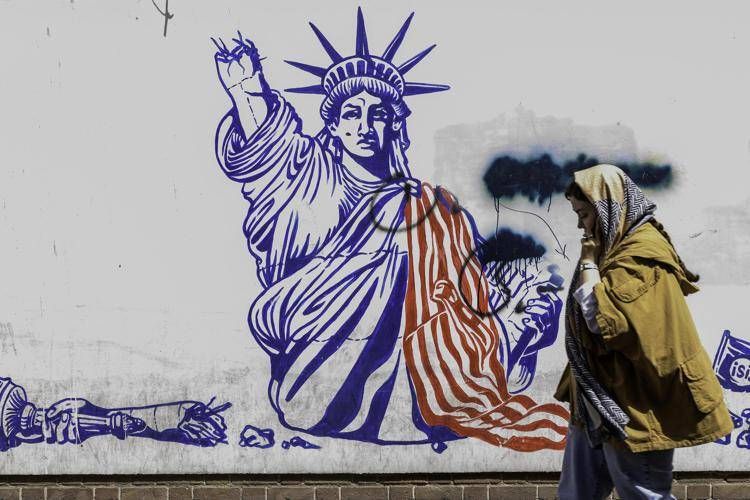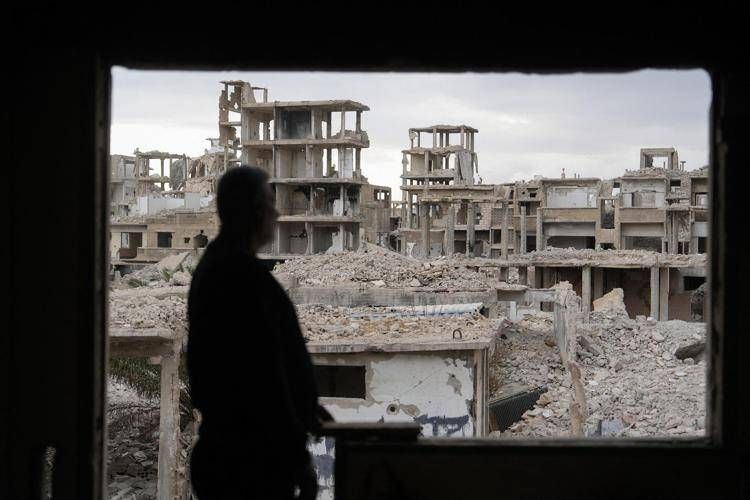
Chaos on Seoul: president declares martial law and parliament nullifies it
-
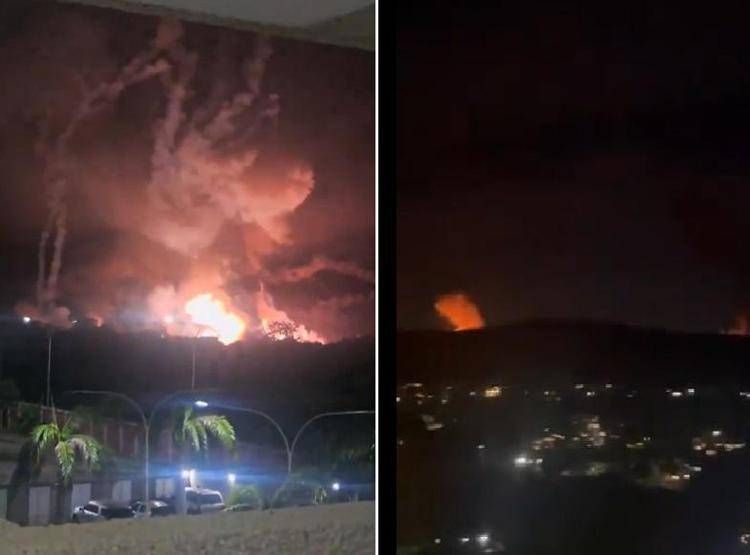

Overnight explosions in Caracas hit military area, widespread power outages reported VIDEO
-


Attacco Usa in Nigeria contro l’Isis, Trump: “Risposta al massacro di cristiani” VIDEO
-
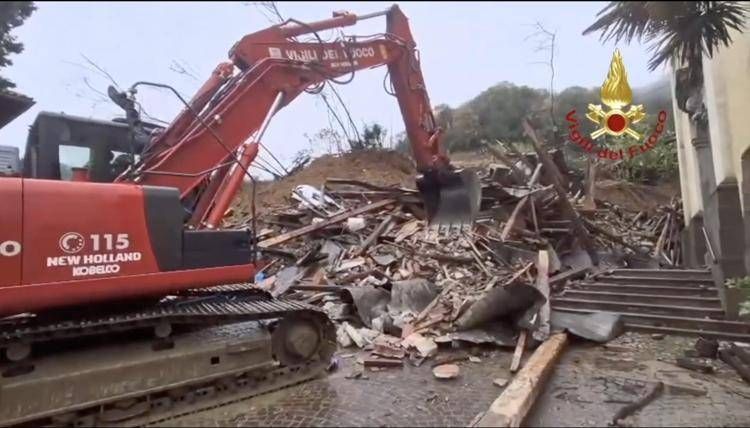

Frana a Cormons: disperso un giovane e un’anziana sotto le macerie VIDEO
-
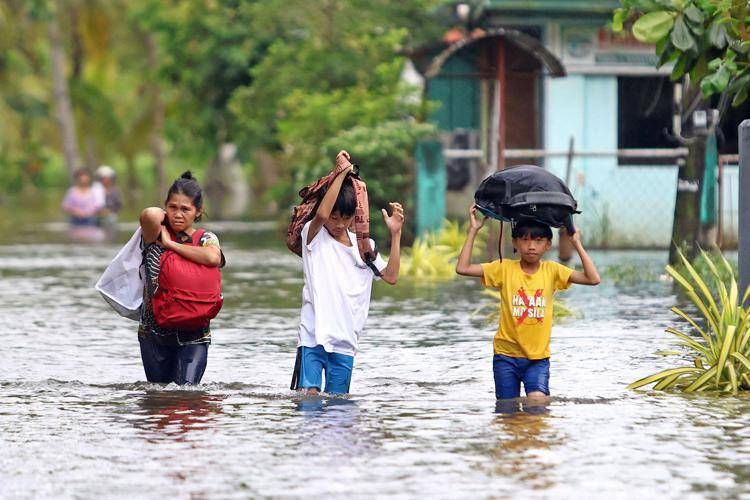

Tifone Fung-Wong colpisce le Filippine: un milione di evacuati VIDEO LIVE
In South Korea, President Yoon Suk Yeol resorted to martial law, but Parliament reacted by declaring it null and void. Clashes and uncertainty shake the country
In a climate of growing tension, South Korea is experiencing dramatic hours after President Yoon Suk Yeol declared emergency martial law. However, Parliament reacted promptly: a resolution passed by a majority called for the revocation of the measure, declaring it ‘null and void’ through the Speaker of the National Assembly, Woo Son-shik. The situation worsened when security forces, in response to the parliamentary declaration, intensified their presence around the Assembly complex.
The declaration of martial law
In his televised address, President Yoon justified martial law as a necessary response to ‘communist forces’ and ‘anti-state elements’ that he said were threatening the stability of the country. He accused the Democratic Party, which holds a majority in parliament, of ‘paralysing the government’ and of wanting to overthrow South Korea’s liberal democratic system.
Special forces were deployed in the parliament immediately after the announcement and access to the area was blocked. South Korean law, however, stipulates that martial law must be lifted if a parliamentary majority demands it, which was the case a few hours after Yoon’s announcement.
Clashes and protests
The area around the Seoul Parliament became the scene of clashes between protesters, security forces and the military. Videos broadcast on state television showed police and soldiers attempting to repel citizens trying to enter the building. Witnesses reported helicopters landing on the roof of the parliament, while special forces penetrated inside.
The leader of the Democratic Party, Lee Jae-myung, urged his deputies to gather outside the parliament, calling for the support of the population. ‘This is not just a political issue, but a fight to preserve our democracy,’ Lee said, prompting thousands of citizens to gather near the legislative building.
A dangerous historical precedent
The declaration of martial law brings to mind a dark chapter in South Korean history. The last time it was imposed was in May 1980, during the military regime of General Chun Doo-hwan. That martial law culminated in the bloody Gwangju uprising, in which hundreds, perhaps thousands, of citizens lost their lives in an attempt to oppose the dictatorship. This historical parallel further fuels concerns about the country’s democratic future.
An unprecedented stalemate
As tensions escalate, the country remains poised between respecting democratic institutions and resorting to authoritarian measures. The international community is closely watching events unfold, fearing that the crisis could further destabilise the Korean peninsula. The coming hours will be crucial to understand whether the parliamentary revocation will succeed in restoring order or whether the confrontation will turn into an open clash between government and opposition.
THE LATEST NEWS
-
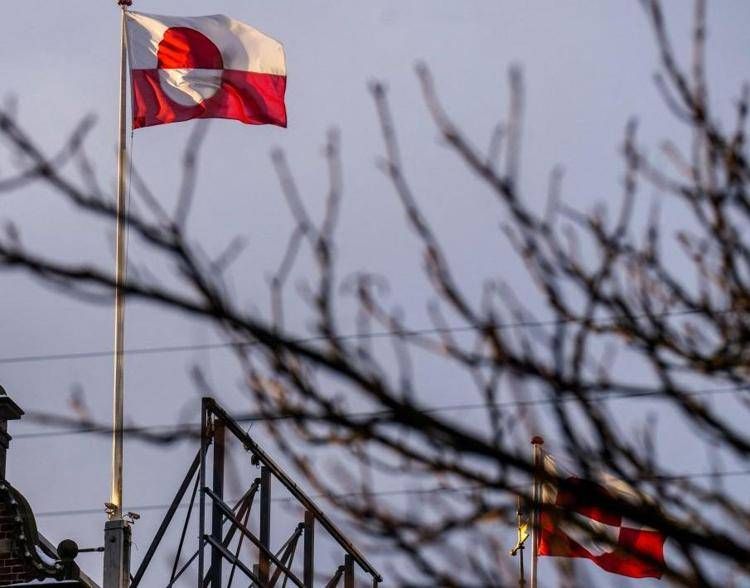
 International-News21 ore ago
International-News21 ore agoDeployment of a military force in Greenland in UK talks
-
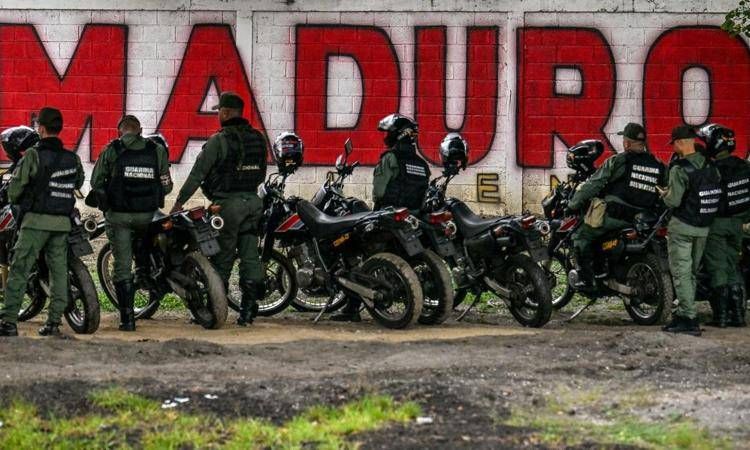
 International-News21 ore ago
International-News21 ore agoUS urges Americans to leave Venezuela after militia threat
-
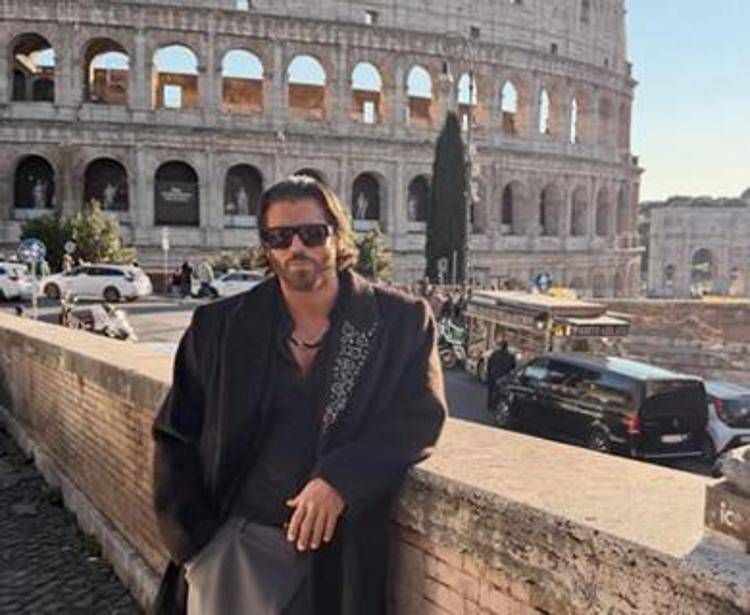
 World18 ore ago
World18 ore agoCan Yaman rientra a Roma e smentisce le voci su droga e fermo: “É una bufala”
-
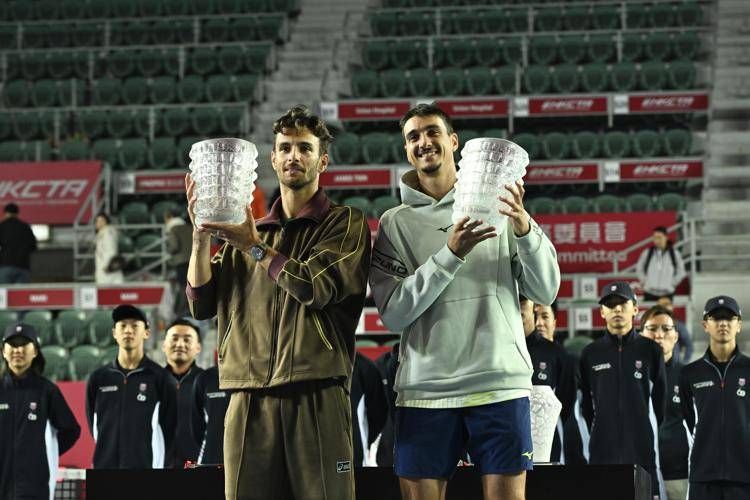
 Sport18 ore ago
Sport18 ore agoIl doppio Musetti Sonego vince l’Atp 250 di Hong Kong


